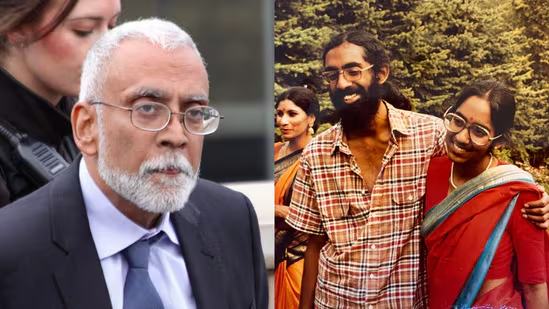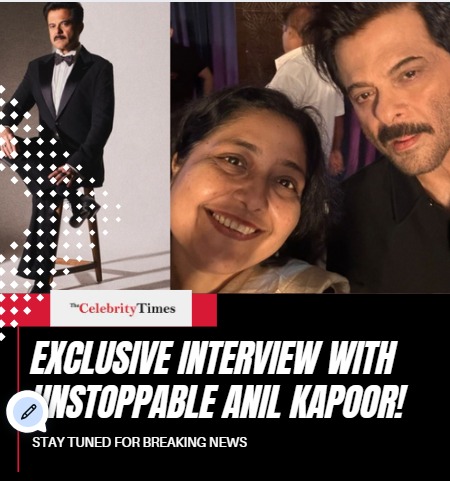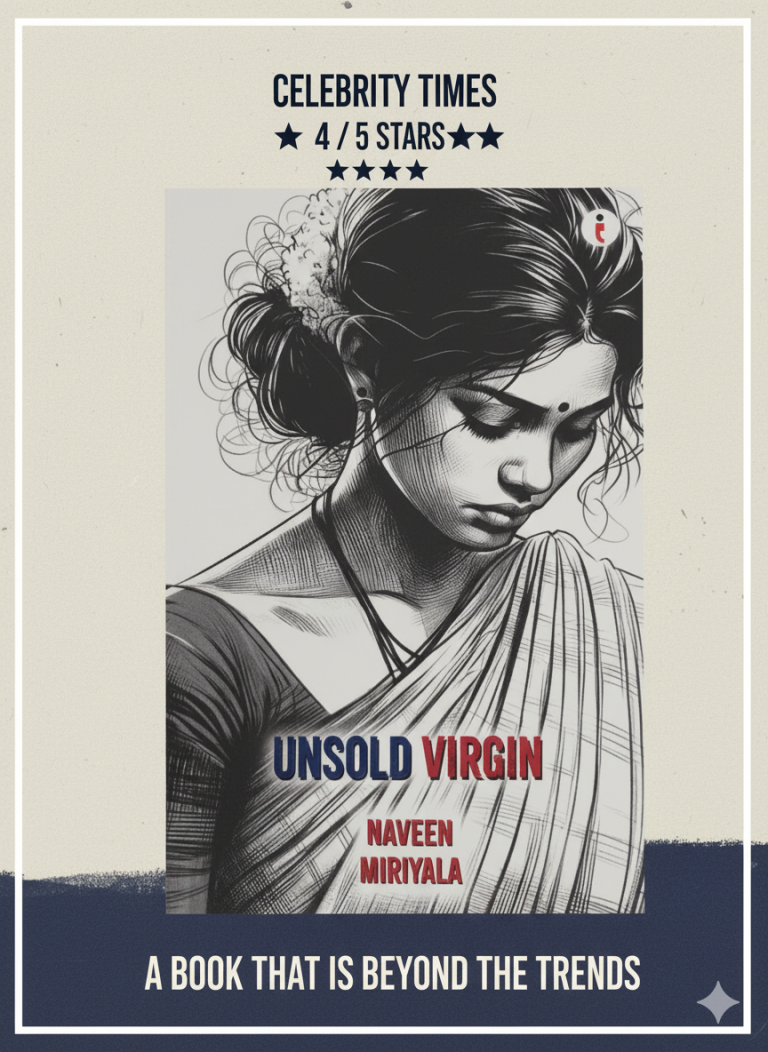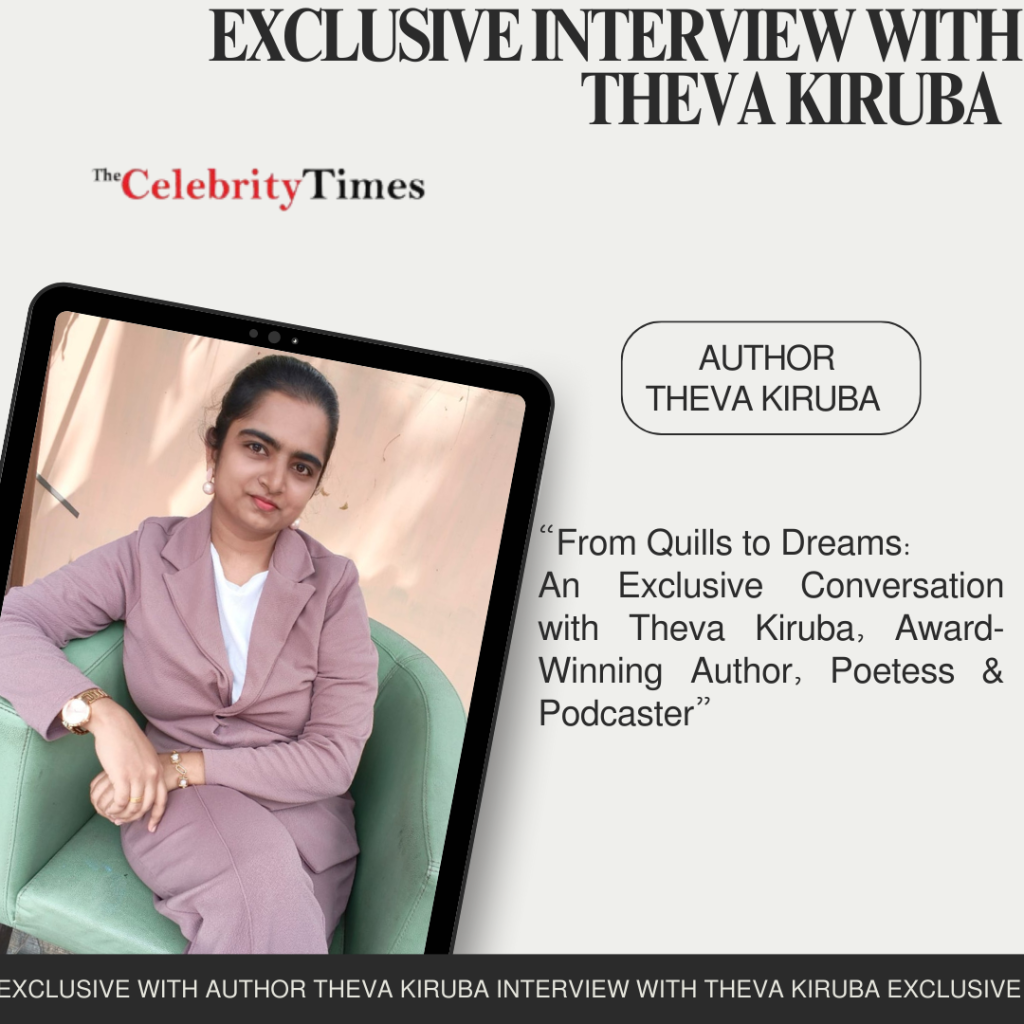
Today, we bring you an inspiring literary journey with Theva Kiruba, an Indian author, poetess, playwright, novelist, and podcaster whose remarkable contributions have enriched the literary world. She is the creative mind behind celebrated works such as A Quill with Nectar Drop, Half Human, The Girl’s Secret Wardrobe, Hidden Keys, Blessings of a Thousand Flowers, Zeus and AI, Her Secret Letters, Tamil Lover, and Arora and the Dream.
Her writing brilliance has been honored with prestigious recognitions including the InkQuill Holder Award, Indian Noble Award, HRD Secretary Award, Michael Jayapal Best Outgoing Student Writer Award, Social Change Maker Award, Women Achiever Award, and Pride of Tamilnadu Award.
Beyond her accolades, Theva is deeply passionate about writing and listening to music, both of which fuel her creativity and storytelling.
Join us as we dive into her journey, inspirations, and vision for the future of literature.
Q1. Can you tell us about your early journey as a writer and what inspired you to start?
I’ve always felt a deep connection with nature—it’s my sanctuary and my muse. Spending time among trees, flowers, and quiet skies gives me creative sparks that often turn into poems or stories. From childhood, I used to scribble verses and tales in notebooks, sometimes even on the back of school assignments. Writing was never just a hobby—it was my way of understanding the world and expressing what words couldn’t always say aloud.
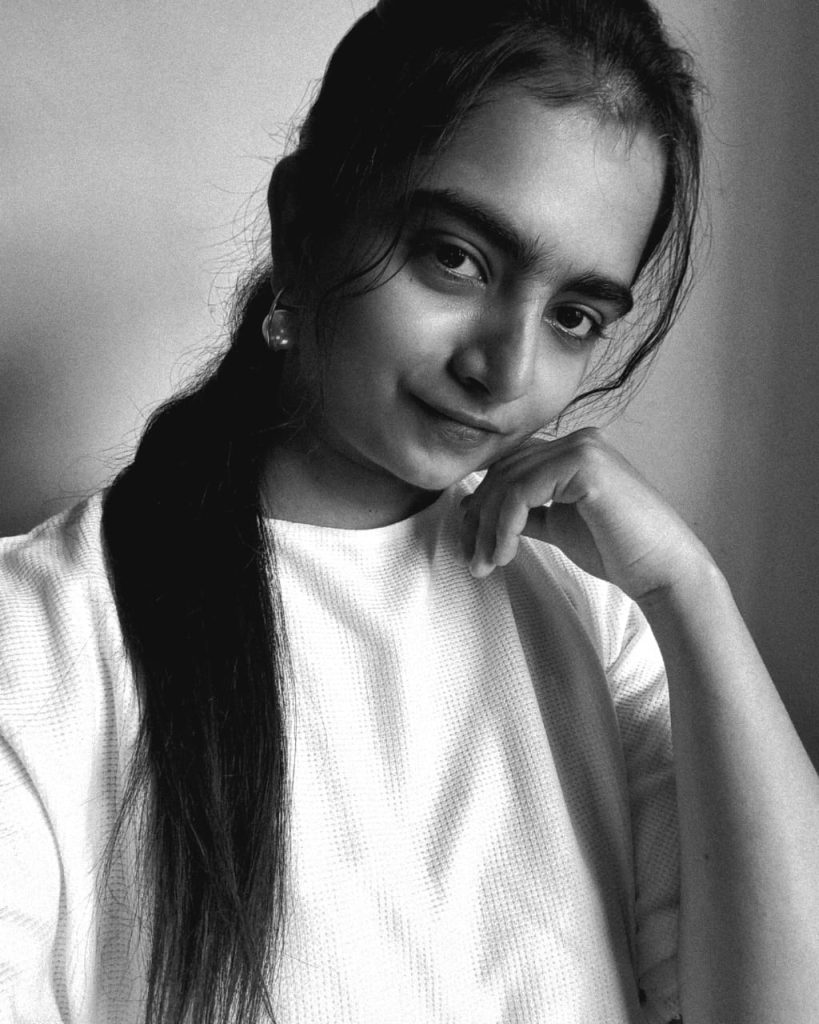
Q2. Your works span across poetry, novels, and plays. How do you balance different genres of writing?
Genres may differ, but the love for writing remains the same. That love is what drives me to explore various forms—whether it’s the rhythm of poetry, the depth of novels, or the drama of plays. I don’t see them as separate lanes but as different colors on the same palette. When the emotion is strong, the form finds its way naturally. I write a lot because I love it deeply, and that passion helps me balance everything.
Q3. Among all your published works, which one is closest to your heart and why?
A Quill with Nectar Drop” is closest to my heart because it was my first published book. I spent nearly a year crafting it—pouring in time, emotion, and endless revisions. It was my literary debut, and every page holds a memory of growth, doubt, and discovery. That book taught me patience and gave me the confidence to continue my journey as an author.
Q4. You’ve received numerous awards for your contributions to literature. Which recognition holds the most special meaning to you?

The “Pride of Tamil Nadu ‘Best Indian Author Award'” is incredibly special to me. It felt like my roots were embracing my wings. Being honored by my home state for something born from its soil and spirit was deeply emotional. It reminded me that no matter how far we go, our beginnings always matter.
Q5. Writing often comes with challenges. Can you share a struggle from your journey and how you overcame it?
Rejection and failure have been constant companions in my journey. I’ve faced many setbacks—manuscripts turned down, ideas dismissed, moments of self-doubt. But each rejection taught me something valuable. I learned to refine my voice, to persist, and to believe in the power of resilience. Failure didn’t break me—it shaped me.
Q6. Apart from writing, you are also a podcaster. How does podcasting complement your creative expression?
Podcasting gives me a space to speak directly to my audience, to share thoughts that might not fit into a poem or a novel. It’s more spontaneous and conversational, and it allows me to explore themes in real time. It complements my writing by offering a different rhythm—a voice that’s heard, not just read.
Q7. What role do your hobbies, like listening to songs, play in your writing process?
Music is my emotional fuel. Listening to songs—especially soulful Tamil melodies—helps me tap into moods and memories. Sometimes a single lyric can inspire an entire poem or scene. Music helps me unwind, reflect, and dive deeper into the emotional layers of my writing.
Q8. Many young writers look up to you. What advice would you give to aspiring authors and poets?
Stay true to your voice. Don’t write to impress—write to express. Read widely, observe deeply, and never be afraid of silence. Rejections will come, but let them refine you, not define you. Most importantly, write with love. That’s what makes your words unforgettable.
Q9. How do you see the future of literature, especially with the blend of technology and storytelling?
I see a beautiful evolution ahead. Technology is opening new doors—AI, audiobooks, interactive storytelling—but the heart of literature remains unchanged. As long as we use tech to enhance human emotion and imagination, literature will continue to thrive in new and exciting ways.
Q10. Finally, what can your readers look forward to in your upcoming works?
You can expect a new twist-blast work from me—something bold, unexpected, and emotionally rich. But for now, I’ll keep the details wrapped in suspense. Let the mystery build.

